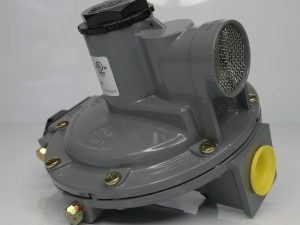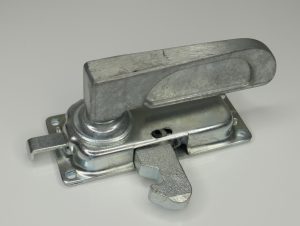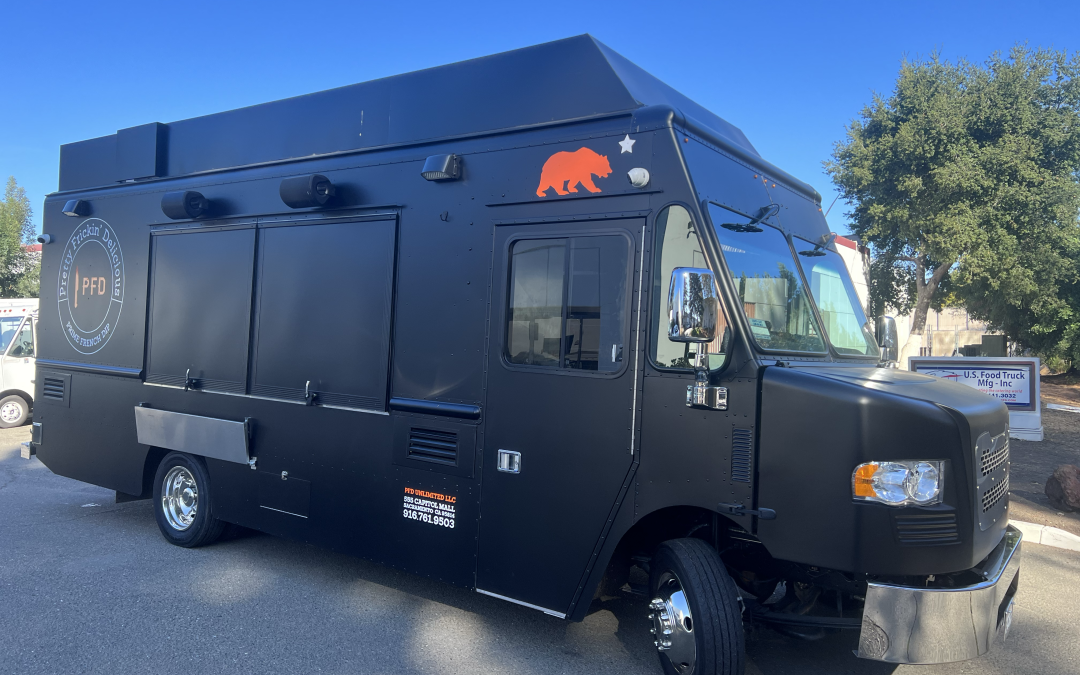The food truck business has become increasingly popular in recent years, and for good reason. This modern take on street food combines convenience, innovation, and entrepreneurship in a way that appeals to both customers and business owners alike.
Unlike traditional restaurants, food trucks can move to where the customers are – festivals, markets, business districts, or college campuses. This mobility allows them to reach more diverse crowds and adapt to changing demand.
Opening a restaurant requires a significant investment in real estate, staff, and infrastructure. Food trucks, by contrast, require less capital to start and maintain, making them a more accessible option for first-time entrepreneurs and chefs.
Modern consumers often prefer casual dining experiences over formal restaurants. Food trucks tap into this trend by offering quick, tasty meals without the need for reservations or formal dining.
Platforms like Instagram, Facebook, and Twitter have made it easier for food trucks to connect with their audience. Many trucks post daily locations, menu specials, and photos, which helps create a loyal and engaged customer base.
Here are the Benefits of Running a Food Truck Business
- Lower Financial Risk The reduced startup cost and overhead make food trucks less financially risky than brick-and-mortar restaurants.
- Freedom and Independence
Food truck owners enjoy the freedom to choose their hours, locations, and menu items. This level of independence is appealing to many aspiring entrepreneurs. - Brand Building and Business Growth
Many successful food trucks go on to become full-scale restaurants or franchised brands. Operating a food truck can be a great stepping stone for testing a concept before expanding. - Direct Customer Feedback
The face-to-face interaction with customers allows food truck operators to receive immediate feedback and build strong relationships with their community. - Scalability
Once successful, a food truck concept can be replicated with additional trucks, franchising, or expansion into catering and events.
The rise of the food truck industry reflects changing consumer habits, economic conditions, and a growing desire for unique, accessible, and high-quality food experiences. For entrepreneurs looking for a flexible and exciting business venture, the food truck model offers a promising and profitable path.























